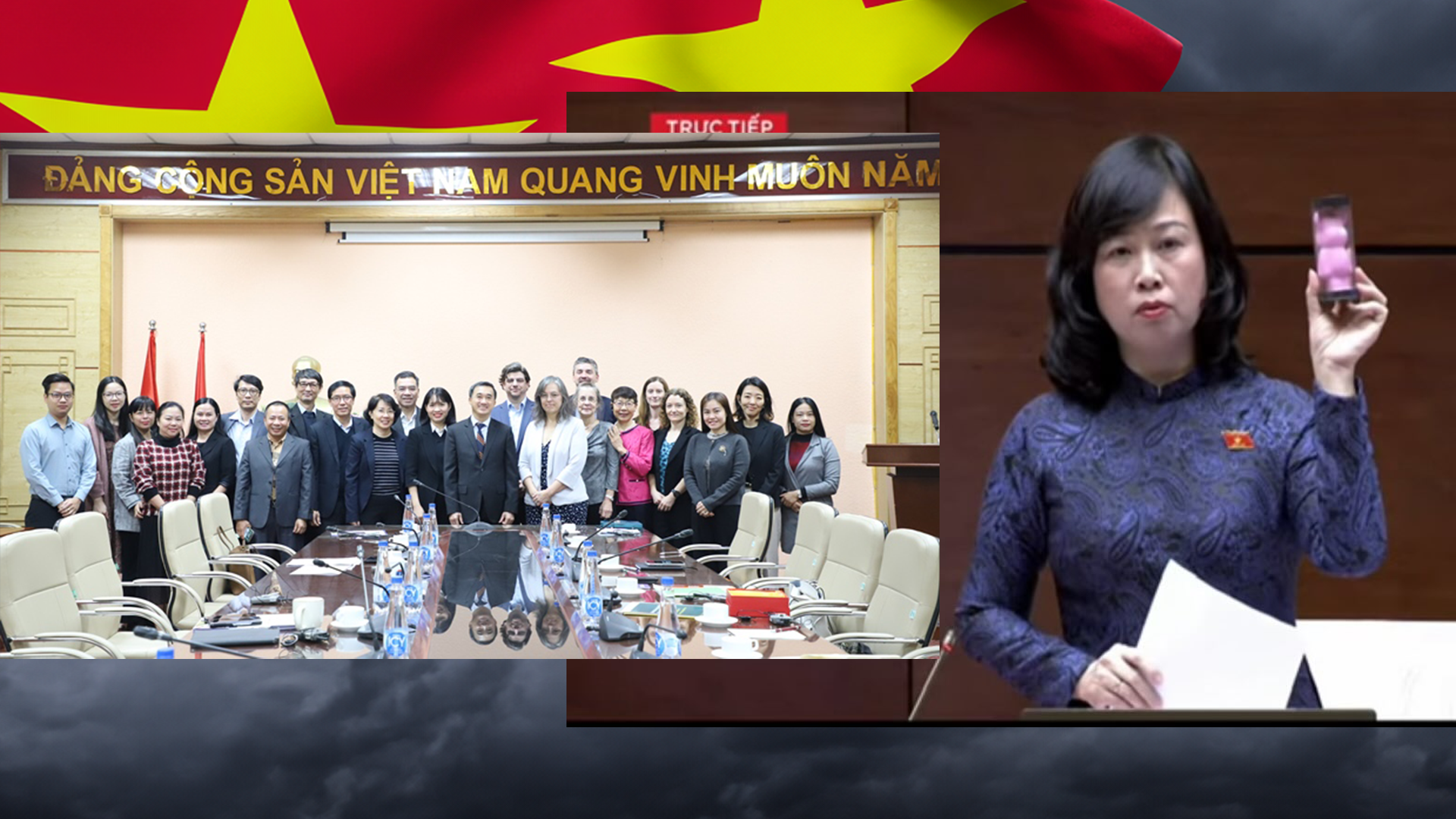The European Union recently decided to impose tariffs on imports of electric vehicles from China. The reason is that the Chinese government subsidizes the manufacture of electric cars, which puts European carmakers at a disadvantage.
The U.S. recently imposed a drastic increase in tariffs to 100% of the import value of the car, meaning that the tiny presence of Chinese electric cars on the U.S. market will remain so. Until now, Europe has applied customs duties of 10%, which will now be increased to between 17.4% and 37.6% depending on the brand.
SAIC is facing a substantial new tariff of 37.6%. As a state-owned enterprise, SAIC serves as the Chinese partner for both Volkswagen and General Motors. Additionally, it owns the MG brand, which produces the MG4, one of the top-selling electric vehicles in Europe.
In contrast, BYD, the largest manufacturer of electric vehicles in China, is subject to an extra duty of 17.4% on its shipments to the European Union. Geely, the parent company of Sweden’s Volvo, will encounter an additional tariff of 19.9%.
The proportion of electric vehicles sold by Chinese manufacturers in the European Union increased significantly, climbing from a mere 0.4% of the overall EV market in 2019 to nearly 8%.
Tariffs will most likely be imposed toward the end of the year, as the Chinese government is expected to make a decision on retaliatory tariffs. Beijing has attacked European agricultural products, such as French dairy products, which it believes are unfairly subsidized by the European Union.
Paradoxically, some European car manufacturers who produce parts for their vehicles in China will also be affected by EU tariffs.
Ultimately, this trade war is full of political inconsistencies. On the one hand, it is terribly strange that the EU should sanction the import of affordable electric vehicles into the European market, while simultaneously declaring that it needs to electrify the mobility sector, which is apparently an important immediate need.
But it is also true that China’s approach of transparently subsidizing its car industry violates every principle of free and fair trade and unfairly disadvantages European producers. It is a political version of having your cake and eating it, too.
China’s response on agricultural products is also correct. Even today, the European Union’s biggest expenditure is still on agricultural subsidies for producers who are not content to produce for the local market, but who enter foreign markets with competitively cheap products.
If China is the beginner when it comes to using subsidies, we are the experts.
The best approach to solving this conundrum would be for Europe to be more decisive. Either China remains a reliable trading partner, in which case the rules should be clearer —through treaties — or the EU should respond to unfair trading practices with real embargoes.
This is not to say that these drastic measures will ultimately be necessary, but it is an appeal to the EU to be more decisive. In the meantime, it must realize that a more effective way of stimulating European automotive construction and its competitive advantages is to create incentives through economic freedom.
Europe has a rich history of car manufacturing: We have high-quality designers, engineers and manufacturing experience — we should be able to create a regulatory and fiscal environment that encourages increased production, rather than trying to solve the problem with subsidies through a central committee.
At the end of the day, tariffs hurt consumers on both sides, to the benefit of the treasury.
If Chinese consumers end up paying more for dairy products, it’s a loss both for French dairy manufacturers and for the Chinese, who appreciate European products. If Europeans pay more for Chinese electric vehicles, it will toughen our energy transition, reduce choice and diminish the competition needed for the market to thrive.
Petty policies of token tariffs are bad for everyone. It’s true that China, because of the nature of its totalitarian regime, is a special case, but its growing consumer market is also an opportunity we don’t want to miss.
It’s time for policymakers to think about these longer-term issues.
Originally published here




